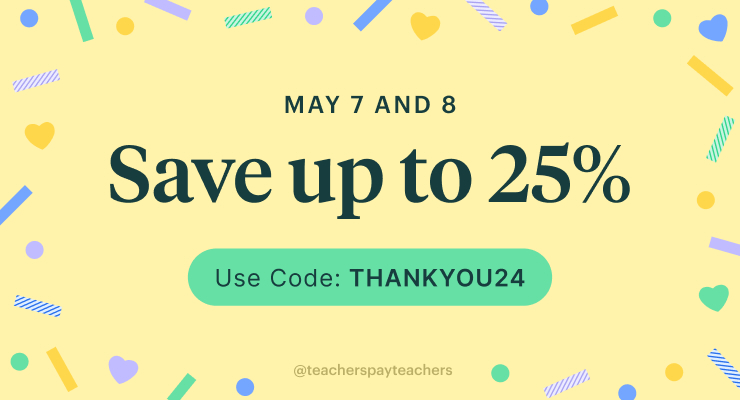
I am finally reading Bill Van Patten's book
While We're on the Topic and it is excellent and making me think
a lot! I highly recommend it. It is definitely a
paradigm shift.
Reading this book has been good for two reasons: 1) it is reaffirming a lot of what I do in my classroom and 2) it is challenging me to think deeper about some of the things I do... and make some changes. I am about 87% through the book. I have highlighted a ridiculous amount of passages and will go back and reread those!
You can purchase the book
here from ACTFL. (
Note: the eBook .mobi version is a
not easy to actually get it onto a Kindle, so I would buy the print version.)
One thing that I read about, and have been thinking a lot about, are
Exercises, Activities, and Tasks. BVP defines them as the following:
- Exercises: Not communicative. There is no focus on the interpretation and expression of meaning. The purpose is to practice language.
- Activities: Partially communicative. Seems to have a focus on the expression of interpretation of meaning, but it lacks purpose other than to practice language.
- Tasks: Communicative. Tasks involve the expression and interpretation of meaning. Tasks have a purpose that is not language practice.
So, with that in mind and following his "Active or Sedentary?" Task, I am going to have my students do a similar Task, but to talk about the weekend.
Here are the Tasks (see this document for what students will have):
- Students read 20 activities (in the first person) that they may have done over weekend (I got these from this presentation from Christy Lade) and put a check or an ✘ o ✔ in the column next to each one. Note: This is an input activity. Novices could not do this Task without the input.
- Then, they will ask their classmates if they did some of the activities. They will have the questions (in the second person) in front of them on the paper. I will set them up in lines or a circle facing each other and then rotate on a 10-20 second timer. They will write down the names of people who did certain activities. I will encourage students to ask a variety of questions throughout this process. Note: This is also an input activity. Novices could not do this Task without the input.
- Then, I will project the activities (this time in the s/he form) students will share the information about their classmates. We will discuss what the most popular and least popular activities were. We will discuss what type of activities are most popular (tech, active, or sedentary) We will also discuss certain activities and people, including myself, in more detail. Note: This is another input activity. Novices could not do this Task without the input.
This could also be considered
Input flood, in which you "saturate your input with whatever you want to push along." As BVP writes, "We know, for example, that the internal mechanisms for language partially respond to frequency... One way, then to push past along is simply to use it more."
And, if use the version with the endings bolded and underlined (see
doc), this could also be
Input enhancement, which draws the learner attention to more difficult aspects of language by
manipulating input. BVP states that one way to "manipulate input is to bold, color code or otherwise "highlight" articular things in written text."
Here is another similar Task:
- Students will read 20 sports and mark if they if they have never done it ✘, used to do it o ✔P (en el pasado), and/or still do it ✔T (todavía)
- Then they will interview a classmate or classmates.
- Then they will share their information and we will discuss and answer the question: ¿Jugamos más deportes ahora o jugábamos más cuando éramos niños? I am interested to see if they are more active now or when they were kids!
- This will also be the first time they see and hear the imperfect. You will notice the Input enhancement with the imperfect in italics.
Here is the template in case you want a time saver.



